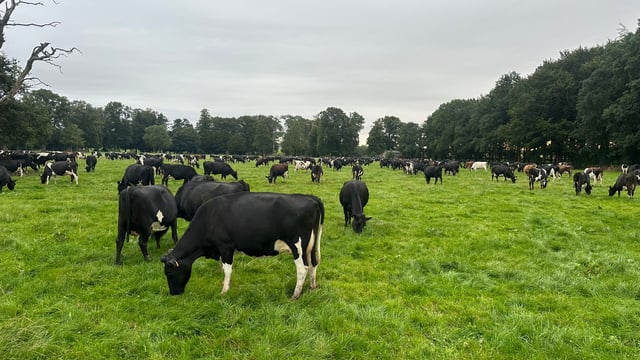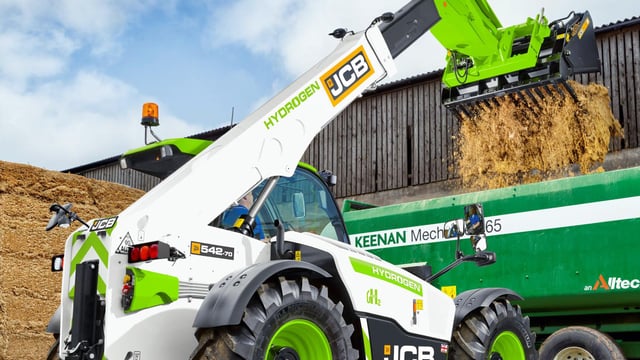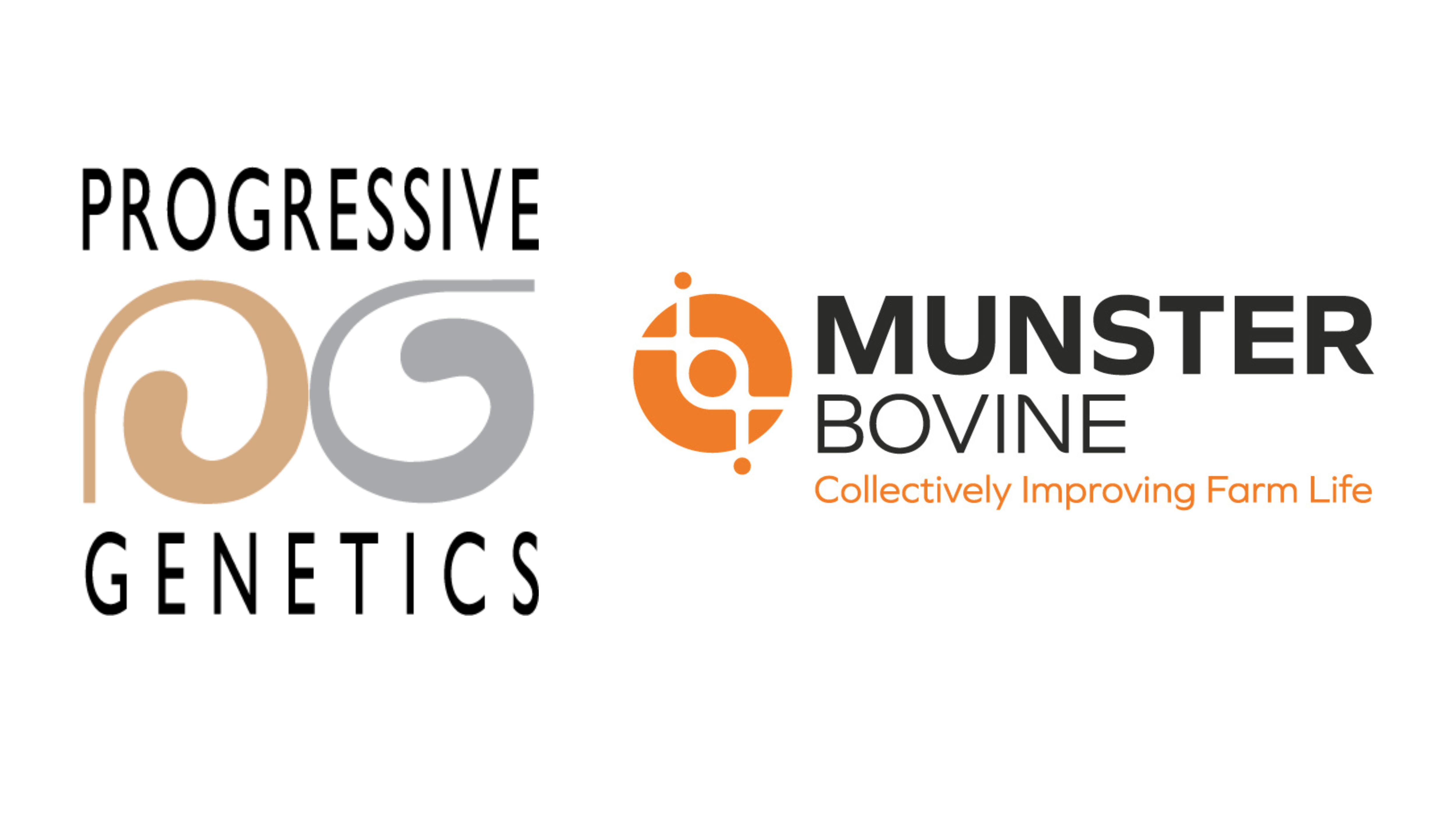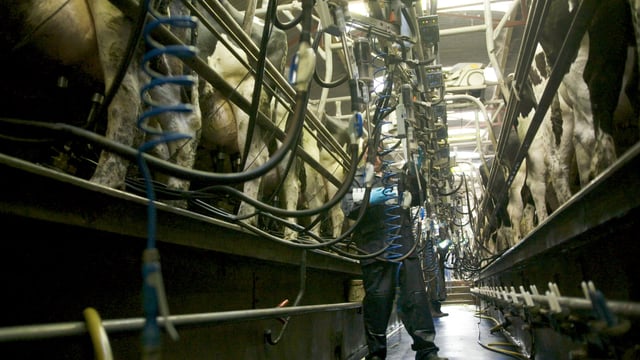What will farmers get from draft programme for govt?
A number of new measures are being pledged for the agricultural sector under the new draft programme for government published today (Wednesday, January 15).
As Ireland will hold the EU presidency in 2026, the new government has said that protecting farmers and farming at EU level will be an "absolute priority" in terms of the new Common Agricultural Policy (CAP).
The draft is now subject for approval by the party memberships over the coming days. This will then clear the way for the nomination of a Taoiseach when the Dail returns on Wednesday, January 22 and the formation of the 35th Government of Ireland.
The government will increase scheme supports for suckler farmers over a five-year term in office and ensure straightforward measures to encourage uptake.
The government will also financially incentivise the use of genetically superior beef artificial insemination (AI) stock bulls.
There are plans to promote the Protected Geographical Indicator (PGI) for Irish Grass Fed beef as a premium brand in overseas markets, while developing new PGIs to enhance the value of Irish food exports.
Scheme supports for sheep will be increased over a five-year term in office and ensure straightforward measures to encourage uptake.
The feasibility of a scouring plant for wool will also be examined to develop an Irish wool brand.
Investment will also be made "significantly" in the tillage sector over five years to maintain and grow the sector.
The facilities for processing of Irish crops will be examined and the openings for oilseed and milling wheat processing will be explored.
An increased scheme will be implemented for the Dairy Beef Scheme over a five-year term in office and to ensure straightforward measures to encourage uptake.
The market access will be increased for poultry and pig products, while funding capital investments in these sectors in order to improve animal health and welfare.
Work will be done to increase capital investment support via the Horticultural Grant and to recognise Irish strawberries as a heritage crop and ensure their continued production.
The government will aim to set up a farm contracting working group to consider training, support and taxation measures.
It will also work to expand the number of trained vets through the enlargement of veterinary education footprint. The requirement for an additional veterinary college will also be assessed.
As we previously discussed, a farm succession scheme that supports generational renewal has been ensured.
The government will continue to fund the vital income support provided through the Areas of Natural Constraints scheme to farmers in designated areas who face significant hardship.
Investment items and reference costs under the Targeted Agricultural Modernisation Scheme (TAMS) will be reviewed.
As part of the development of the next Common Agricultural Policy (CAP), schemes will be ensured to fully consider the impact of designation of land and seek to reflect the financial impact of designation of land on farmers in the framing of future CAP schemes.
The government will work to reduce the administrative burden and red tape that famers encounter by ensuring flexibility in the design of schemes and stakeholder input at all times.
IT capabilities in the Department of Agriculture, Food and the Marine (DAFM) will be accelerated in order to enhance systems and avoid payment delays.
Given Ireland’s unique grass-based production model, the government will work with famers, industry, state agencies and local authorities to develop evidence-based solutions to assist farmers in improving water quality.
A Nitrates Derogation Renewal Plan will be made in support of retention. It is also understood that the new government will make plans to establish a Cabinet Committee on Water Quality chaired by the Taoiseach to coordinate water quality improvements across all sectors.
The government will work with the department of health to examine the Fair Deal Scheme in order to ensure it does not impede succession planning and recognises the distinctive position of agricultural land.
The new government also plans to deliver a scheme that recognises the category of farmers known as the ‘Forgotten Farmers’.
A review and update of the national bovine tuberculosis (TB) 2030 Eradication Strategy will be made by working in collaboration with farmers and industry.
This will ensure appropriate staffing of the Wildlife Control Programme and resource regional veterinary offices to carry out the work.
The government has committed to work with like-minded EU countries to stand up for Irish farmers and defend interests in opposing the current Mercosur trade deal.
The government will ensure that the €1.3 billion Forestry Programme delivers a licensing system that is effective, while continuing to provide and promote financial incentives for farmers to plant.
It will work collaboratively with the ESB to support and accelerate the timber and vegetation clearance programme, and continue to support the ash dieback scheme.





